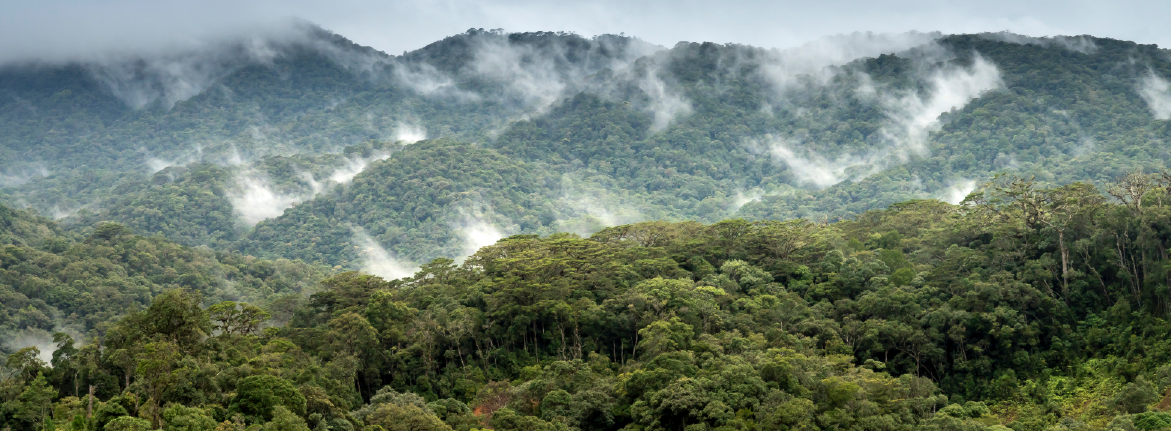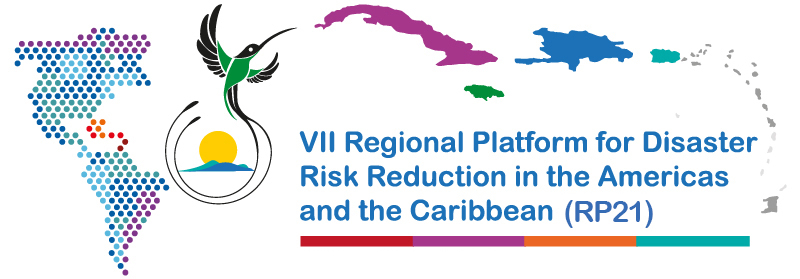Greening

The UN Secretary General launched the Climate Neutral Initiative in June 2007. UNDRR joined the initiative in May 2008. In compliance with decision CDB/2007/2, adopted by the Board of UN Chief Executives and with the Strategy for a climate-neutral United Nations, UNDRR developed an internal policy note in May 2008 laying out the key steps to move toward climate neutrality. The objectives include reducing the environmental footprint of UNDRR and to "lead by example" and provide a basis for awareness of similar organizations, governments, UNDRR staff and UNDRR's partners.
The Regional Platform for Disaster Reduction offers excellent opportunities to reduce the environmental footprint. For instance, participants may wish to contribute to a carbon-offset project to offset travel-related carbon emissions, or engage in environment-friendly behaviour, such as using less electricity or paper.
Greening the Regional Platform: Let's reduce carbon emissions
The Regional Platform strives to minimize its "carbon footprint". We all can do our part to combat climate change. If we all do just a little, the overall net effect will be large. The Regional Platform for Disaster Risk Reduction will minimize its "carbon footprint" as much as feasible. Carbon dioxide emissions will be reduced through efficiency and conservation in the use of electricity, paper, supplies, and travel.
What exactly is a "carbon footprint"?
A 'carbon footprint' is a measure of the impact that human activities have on the environment in terms of the amount of greenhouse gases produced, measured in units of carbon dioxide. Many of the activities we carry out every day result in carbon dioxide emissions when fossil fuels are burned to generate electricity or fuel for transport, or in paper production, for instance. Also the food we eat is important. Animal agriculture is recognized to be a big contributor to greenhouse gases emissions, and therefore eating less animal products is often cited as good for the environment.
The Regional Platform will reduce carbon emissions through several efforts.
- Reduce the use of paper by promoting the Regional Platform as a 'minimum paper' event. This involves providing an electronic (internet-based) conference document bag on Prevention Web and the Regional Platform web site for all participants. We will also encourage double sided printing; arranging that all printers print double sided by default.
- In cooperation with the conference center, we will recycle materials where possible.
- Provide an option for serving climate friendly, vegetarian and vegan meals and provide clear and evidence-based information on how including ecologically-friendly food in our diets more frequently can make a difference, both for greening and health. In this regard, it is illustrative to consider that although the energy sector is indeed one of the leading causes of climate change, there is another unaccounted for industry that has been categorized as a leading cause of climate change: animal agriculture (Oppenlander, 2013). In a widely-cited report published in 2006, the UN FAO directly links animal agriculture to climate change: according to researchers, 18 percent of Greenhouse Gas (GHG) emissions correspond to livestock. Nonetheless, according to Goodland & Anhang (2009) this percentage is much higher: by including additional uncounted or misallocated GHG's such as livestock respiration and land use, they found that animal agriculture can be tantamount to 51 percent of annual worldwide GHG emissions.
- Encourage that at least one greening project or initiative is in the market place (as long it complies with our innovation criteria).
What YOU can do
We all have a footprint or an impact on the climate. Consider reducing yours. Because climate change is a non-localized problem, it doesn't matter where you reduce or offset your carbon; the positive impact will be the same.
Awareness-raising can help to encourage others to pay more attention to greening in their personal and professional lives, and to the role greening can play in DRR and sustainable development. Furthermore, nudging can provide motivation to bring about (small but significant) behavioral changes and to review habits. YOU can help in this during and long after the Regional Platform by telling others what you know about greening.
We encourage participants to make use of public transportation during their stay in Montego Bay when available, instead of taking a private car to the hotel or the conference center.
As the Regional Platform will be paper-smart, all key conference documents will be available on the mobile phone-friendly Regional Platform website and app. Participants are encouraged to bring smartphones, tablets and laptops, and to utilize the many on-site computers to read conference materials.
Please do not bring any printed materials (tables will not be made available to set out such materials). Participants are rather encouraged to create/update a profile and upload documents via the UNDRR website: www.preventionweb.net/english/submit/
You can decide to donate a small amount (US$ 2 or more) to carbon offset activities when purchasing an airplane ticket. Many companies offer such option.
You can calculate your estimated carbon emissions at https://carbonfund.org/calculate-your-footprint/ and to off-set the equivalent amount you can do so by visiting https://offset.climateneutralnow.org/ where you will be able to choose a project to contribute to and pay. Even small payments in the order of a few US dollars are possible. More information on carbon offsetting at https://offset.climateneutralnow.org/ at the UN Carbon Offset Platform.
You can talk about greening on Facebook, Twitter, Flickr and Instagram.
Reduce water consumption, including by re-using hotel room towels/linens, where possible.
Save electricity by turning off any air conditioners, lights and TV when leaving the hotel room and avoiding the use of elevators where possible.
You can try to reduce resource consumption and minimize waste generation by sharing print materials, using recycled and biodegradable products. Last but not least, trying to reduce animal source foods in your diet has a positive impact, too.
